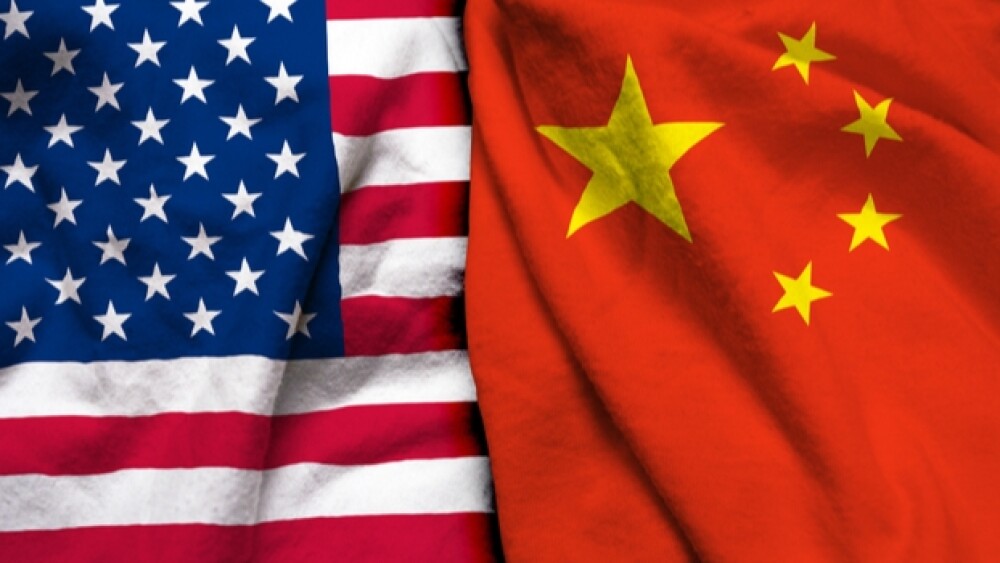Chinese companies that gain toeholds in the U.S. are poaching executives from U.S. companies who have significant clinical and regulatory experience.
There’s little doubt that Chinese biotech and pharma companies see tremendous growth opportunities in the United States. Numerous companies with roots in China have established toeholds in the U.S. and other companies have been busy recruiting U.S. talent to bolster their ranks.
Multiple companies from China have made beachheads in the U.S., including BeiGene Co., WuXi AppTec and others. As those companies moved into the U.S. it became easier to recruit top talent because there was no concern about the need to uproot people from the U.S. and move them to China. Over the weekend, the Wall Street Journal noted the growing number of U.S. researchers and executives who are working with Chinese companies and spearheading clinical research for them in the United States in hopes of gaining regulatory approval in the world’s top pharma market.
In its report, the Journal pointed to the explosive growth BeiGene has seen over the past few years in the U.S. The company now has more than 400 employees in the United States and has poached top talent from companies like Genentech. Eric Hedrick, a former medical director at Genentech Inc., now serves as chief medical officer of BeiGene and told the Journal that he helped recruit many of his former colleagues for the Chinese company.
Christian Hogg, chief executive of Hong Kong-based Hutchison China MediTech (Chi-Med) told the Journal that it is more economical to research a drug in China where salaries are lower and then test them in the U.S. in hopes of gaining regulatory approval. Chi-Med is currently testing two drugs in the U.S. and recently gained approval from the U.S. Food and Drug Administration to test two more, the Journal said. As a result, Chi-Med is doubling its U.S.-based headcount over the next year, Hogg said.
As more and more Chinese companies enter the U.S. market, the Journal said more U.S. researchers and pharma executives are expected to join the ranks of employees.
But, some Chinese companies are moving a little slower into the United States due to increased concern from the Trump administration over corporate espionage. Washington has been increasingly focused on Chinese investment in the United States, particularly in the areas involving intellectual property and biotech. Earlier this year the government strengthened the review powers of the Committee on Foreign Investment in the United States. The bill’s powers have been used to prevent an increase in Chinese investment in U.S.-based companies. In April, the White House ordered the Chinese majority owner of Massachusetts-based healthcare company PatientsLikeMe to sell his stake. The move has caused a decline in Chinese investment in U.S. companies.
That concern over Chinese involvement in U.S. pharma has also led to the ouster of several researchers from noted research centers, including Emory University and M.D. Anderson Cancer Center.
Still, the Sino-American relationship in pharma is a two-way street. While the U.S. is the top market for pharma, China is not far behind. Western companies have also made their own inroads in China, such as Roivant Sciences, which established Sinovant, as well as Takeda Pharmaceuticals.
Luring U.S. talent has been a fairly common pastime for Chinese firms. Last year, BioSpace noted that as more western pharma companies sought toeholds in China, a lucrative market particularly in oncology, the government of that nation sponsored research grants to U.S. and western scientists to finance their research. China’s “Thousand Talents Plan” is aimed at attracting top researchers from across the globe. The program targets individuals under the age of 55 who are willing to work in China full-time. Those selected for the program are given full professorships or the equivalent in universities and research institutes. The “Thousand Talents Plan” was created in 2010 with an aim to “gather global wisdom,” according to the plan’s website. In January though, the Chinese government tamped down on the promotion of the plan due to a backlash of concern from the U.S. government. Law enforcement leaders in the U.S. have characterized China’s plan as a program aimed more at the theft of intellectual property than an attempt to bolster its own scientific research programs.





